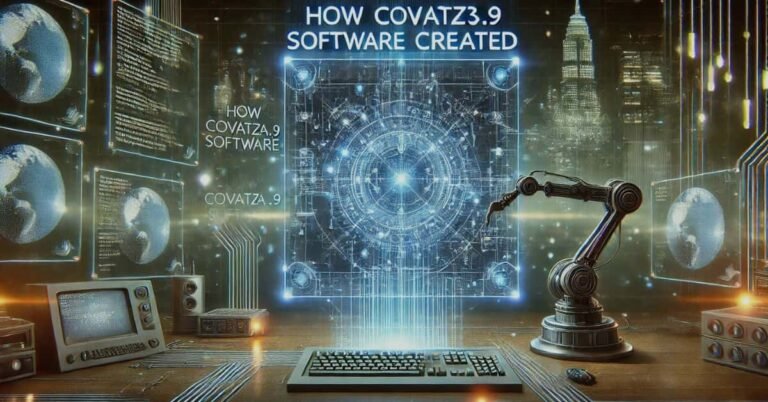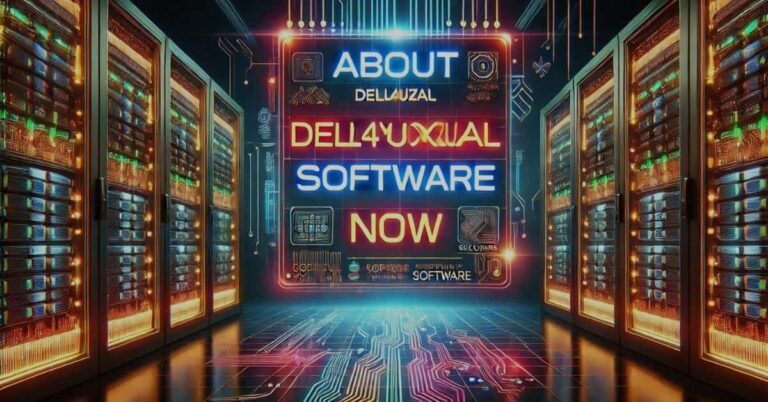Ethics of Generative AI: What You Need to Know
Introduction
Generative AI, a powerful subset of artificial intelligence, is transforming industries by enabling the creation of text, images, music, and more. While its potential is vast, ethical concerns surrounding its use have become a pressing topic. Understanding these ethical implications is crucial for policymakers, developers, businesses, and users alike.
Key Ethical Concerns
1. Bias and Fairness
Generative AI models are trained on large datasets, which may contain historical biases. If unchecked, these biases can perpetuate stereotypes and discrimination in AI-generated content. Ensuring fairness in AI requires:
- Diverse and representative training data
- Rigorous bias detection and mitigation techniques
- Transparent decision-making processes
2. Misinformation and Deepfakes
Generative AI can create highly realistic images, videos, and text, leading to concerns about misinformation and deepfakes. This poses risks to:
- Political integrity (fake news, altered speeches)
- Personal reputations (false accusations, identity fraud)
- Trust in digital content
To mitigate these risks, researchers and companies are developing watermarking and content verification tools.
3. Intellectual Property and Ownership
AI-generated content blurs the lines of intellectual property (IP). Key questions include:
- Who owns AI-generated content—the developer, user, or AI system?
- How can copyright laws adapt to AI-generated works?
- What are the implications for artists and creators?
Legal frameworks must evolve to address these challenges while ensuring fair compensation for original creators.
4. Privacy and Data Security
Generative AI models require vast amounts of data, often sourced from public and private domains. Ethical concerns arise around:
- User consent for data usage
- Protection of sensitive information
- Potential misuse of personal data
Implementing stringent data protection policies and transparent AI practices is essential for maintaining user trust.
5. Job Displacement and Economic Impact
The automation potential of generative AI raises concerns about job displacement in creative and technical fields. While AI can enhance productivity, it may also:
- Reduce demand for certain human skills
- Create new roles requiring AI oversight and ethical considerations
- Necessitate reskilling and workforce adaptation programs
Balancing AI advancement with workforce stability is a key societal challenge.
Ethical Frameworks and Regulations
Governments and organizations are developing policies to ensure ethical AI deployment. Key initiatives include:
- The European Union AI Act – Proposing strict regulations on high-risk AI applications.
- The White House AI Bill of Rights – A framework for ethical AI use in the U.S.
- Industry Guidelines – Companies like OpenAI, Google, and Microsoft are setting internal policies for responsible AI development.
Conclusion
The ethics of generative AI is a complex but vital topic that requires ongoing discussion, regulation, and responsible development. Stakeholders must work collaboratively to balance innovation with ethical considerations, ensuring AI benefits society while minimizing harm. By addressing bias, misinformation, privacy, and economic impact, we can harness generative AI responsibly and ethically.





